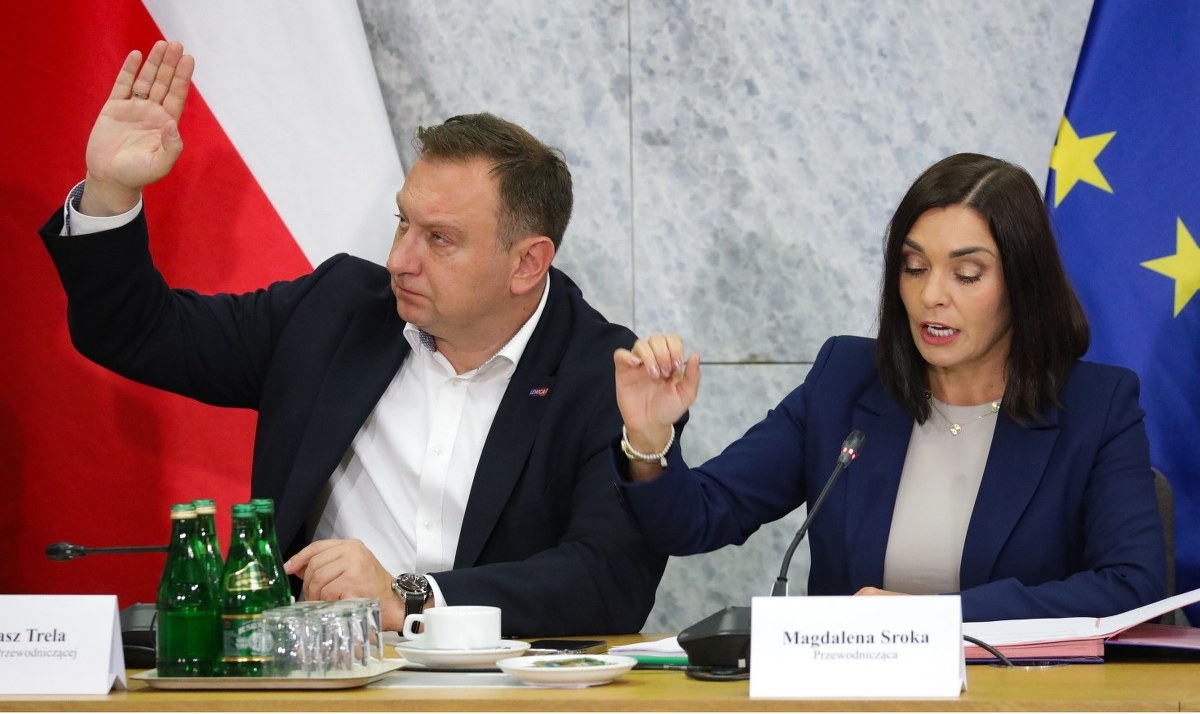The NHS has issued an urgent warning urging people to immediately call 999 if they spot three key signs of a stroke. Health experts emphasise that early symptoms might seem minor but require emergency medical attention as the condition can be life-threatening.
The NHS posted on X: "The first sign of a stroke might not seem like much, like not being able to raise your arm. Or struggling to smile. Or slurring when you speak. Any sign of a stroke is always an emergency. Face or arm or speech, at the first sign, it's time to call 999."
FAST recognition system
The three crucial warning signs can be remembered using the acronym FAST. Face weakness results in one side drooping and difficulty smiling, while arm weakness makes it incredibly difficult to lift both arms above your head and keep them there.
Speech problems include slurred or confused talking. The 'T' stands for time to call 999 immediately if any of these signs appear.
Emergency response protocol
People experiencing stroke symptoms must not drive themselves to A&E. Instead, calling 999 first allows emergency services to advise on the safest next steps and ensure proper medical transport.
Even if symptoms disappear quickly, immediate medical attention remains crucial. The NHS warns that fleeting symptoms do not mean you're out of danger.
Types and additional symptoms
There are three main types of stroke: ischaemic stroke when a blood clot blocks brain blood flow, haemorrhagic stroke when a blood vessel bursts, and transient ischaemic attack (TIA), known as a mini stroke. A TIA should be treated as urgent since without immediate medical attention, patients risk suffering a full stroke.
Other stroke symptoms include weakness or numbness down one side of the body, blurred vision or sight loss, difficulty speaking or finding words, confusion and memory loss, dizziness, severe headache, and nausea.
Treatment and recovery
Hospital doctors may conduct blood tests, CT scans, MRI scans, ultrasounds, and electrocardiogram scans to determine stroke type. Treatment depends on the specific type experienced and may include medication to eliminate blood clots or surgery to prevent skull pressure.
Recovery varies dramatically between patients. Some people recover within days, while others may face debilitating side effects for life, making swift emergency response critical.
Sources used: "Chronicle Live", "Birminghammail", "dailystar.co.uk" Note: This article has been edited with the help of Artificial Intelligence.








